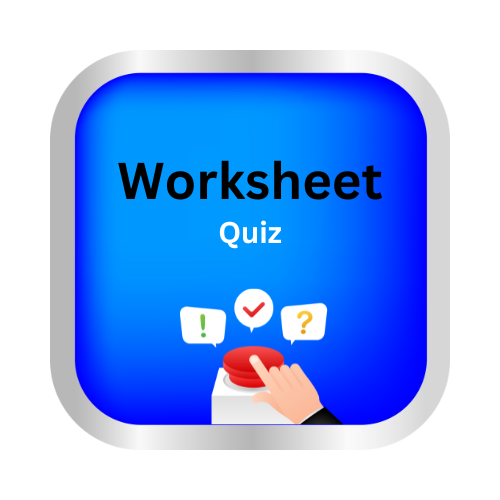Use the correct homophone
Key Notes:
| What are Homophones? |
Homophones are words that sound the same but have different meanings and spellings. It’s like they’re twins separated at birth, but only their voices are identical! For example, there, their, and they’re all sound the same, but they mean very different things.
Example:
- Sea (large body of water) & See (to look at)
- Two (2) & Too (also) & To (preposition)
| Why are Homophones Important? |
Using the correct homophone is super important for clear communication. Imagine writing, ‘I went to there house,’ instead of ‘I went to their house.’ It changes the whole meaning and can confuse your reader! Using the wrong homophone can make your writing seem unclear and unprofessional.
| How to Identify and Use the Correct Homophone |
Here’s a simple strategy to help you choose the right homophone:
- Understand the Meaning: Know what each homophone means. Use a dictionary if you’re unsure!
- Consider the Context: Think about what you’re trying to say in the sentence. Which word makes the most sense?
- Check Your Work: Read your sentence aloud. Does it sound right? Does it make sense?
| Common Homophone Examples |
| to / too / two to: Expresses direction or purpose (e.g., I’m going to the store). too: Also or excessively (e.g., I want to go too! That’s too much!). two: The number 2 (e.g., I have two apples). | there / their / they’re there: A place (e.g., Put the book over there). their: Belonging to them (e.g., That is their car). they’re: They are (e.g., They’re going to the park). |
| your / you’re your: Belonging to you (e.g., Is that your book?). you’re: You are (e.g., You’re a great student!). | see / sea see: To perceive with your eyes (e.g., I see a bird). sea: A large body of saltwater (e.g., The ship sailed on the sea). |
| Peace / Piece Peace – calm: “We wish for world peace.” Piece – part: “I want a piece of cake.” | Brake / Break Brake – stop a vehicle: “Press the brake to stop.” Break – rest or separate: “Take a short break.” |
| Practice Time! |
Instructions: Choose the correct homophone to complete each sentence.
- I want to go to the party, ____. (to / too / two)
- ____ going to have a picnic. (There / Their / They’re)
- Is that ____ dog? (your / you’re)
- I can ____ the ocean from here. (see / sea)
- ____ house is very big. (There / Their / They’re)
- I want ___ (to / too / two) apples.
- Please sit over ___ (there / their / they’re).
- ___ (Its / It’s) a sunny day today.
- Don’t forget to ___ (brake / break) while driving.
- I want a ___ (piece / peace) of chocolate.
Answer Key:
- too
- They’re
- your
- see
- Their
- two
- there.
- It’s
- brake
- piece
| Tips for Using Homophones Correctly |
- Listen to the word carefully.
- Think about the meaning in the sentence.
- Check the spelling to match the meaning.
- Practice with sentences daily.
| Keep Practicing! |
The best way to master homophones is through practice. Pay attention to the words you use in your writing and always double-check to make sure you’ve chosen the correct homophone. The more you practice, the easier it will become!
Let’s practice!

